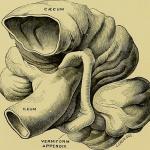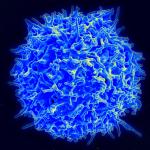The study, deeply grounded in genetic mapping, builds from our understanding of the genetic underpinning of MS into gene-environmental interactions both now and in the Bronze Age.
hygiene hypothesis
One of the better moments in the pandemic was when the public health advice suggested we get outside into the greater outdoors.
Let’s start with an assumption that the number of cases of COVID in China is difficult to determine, primarily because China doesn’t care to share. So most of the numbers I have read and may mention come to us indirectly.
Anyone that looks at my silhouette will recognize that I enjoy a good meal or two. I am a foodie, going all the way back to watching Julia Child on PBS in the ’70s.
“The hygiene hypothesis suggests that our immune system works best when it has been exposed to a diversity of foreign others and that population measures of hygiene, such as running water, waste disposal systems have not so much
We rarely take a moment to reflect on the beauty, indeed, the awe-inspiring nature of what makes us tick.
We're a nation of confused germophobes.
The myth that "natural is better" is widespread and pernicious. Though it can manifest in relatively harmless ways (e.g., consuming overpriced organic food), the relentless pursuit of all-things natural can be dangerous or even deadly.
The American Academy of Pediatrics previously advised parents to keep infants away from peanuts until they were at leas
The hygiene hypothesis states that lack of exposure to germs and other immunogenic substances at a youn










